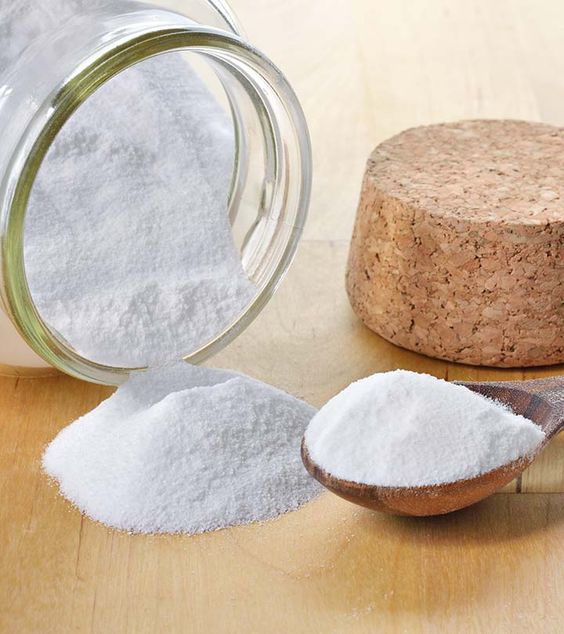Baking soda, or sodium bicarbonate, is a common household item with a variety of uses, ranging from baking to cleaning and even medical applications. While it is praised for its versatility and effectiveness, it’s important to also consider the potential dangers associated with its use, especially when ingested or used for health purposes.
Benefits of Baking Soda
- Digestive Aid: Baking soda is well-known for its ability to neutralize stomach acid, making it an effective remedy for heartburn and indigestion. A small amount dissolved in water can provide quick relief from stomach discomfort.
- Oral Health: It’s commonly used as a homemade toothpaste or mouthwash. Baking soda helps remove plaque and can whiten teeth. Its mild abrasive properties help scrub away surface stains on teeth.
- Skin Care: As a mild antiseptic, baking soda can help treat mild skin irritations and insect bites. It’s also used in homemade deodorants and as a body scrub to exfoliate skin gently.
- Cleaning Agent: Beyond health uses, baking soda is a powerful cleaning tool. It can help remove tough stains, neutralize odors, and clean difficult areas like ovens and tiles.
- Exercise Enhancer: Some athletes use baking soda as a supplement to enhance performance, as it can help buffer lactic acid buildup in muscles during intense exercise.
Dangers of Baking Soda
- Electrolyte Imbalance and Acid/Base Changes: When consumed inappropriately or in large amounts, baking soda can disturb electrolyte and acid-base balance in the body. This can lead to serious conditions such as metabolic alkalosis, hypokalemia, or hypernatremia.
- Stomach Rupture: Consuming baking soda in large doses or after a large meal can lead to the production of excessive stomach gas. This has, in rare cases, resulted in stomach rupture due to the rapid release of gas.
- Drug Interactions: Baking soda can interact with various medications, affecting how they are absorbed and metabolized by your body. This includes prescription drugs, over-the-counter medications, and herbal supplements.
- Tooth Enamel Erosion: While it can whiten teeth, excessive use of baking soda can erode tooth enamel due to its abrasive nature.
- Skin Irritation: Some people may find that baking soda irritates their skin, especially when used undiluted or in large quantities.
Recommendations
- Consult with a Healthcare Provider: If you plan to use baking soda as a treatment, especially if taking other medications or if you have health concerns.
- Use in Moderation: Whether for health, beauty, or cleaning, use baking soda sparingly and appropriately to avoid adverse effects.
- Be Aware of Dosage: Be cautious with the amount used, particularly if ingesting it for health reasons. Small amounts typically suffice.
Conclusion
Baking soda is a useful and multifunctional substance, but it comes with potential risks that should not be overlooked. Understanding both the benefits and the dangers can help you use baking soda safely and effectively. Whether you’re using it in your baking recipes, as a home remedy, or as a cleaning agent, respecting its powerful properties is crucial to preventing harm and maximizing benefits.
